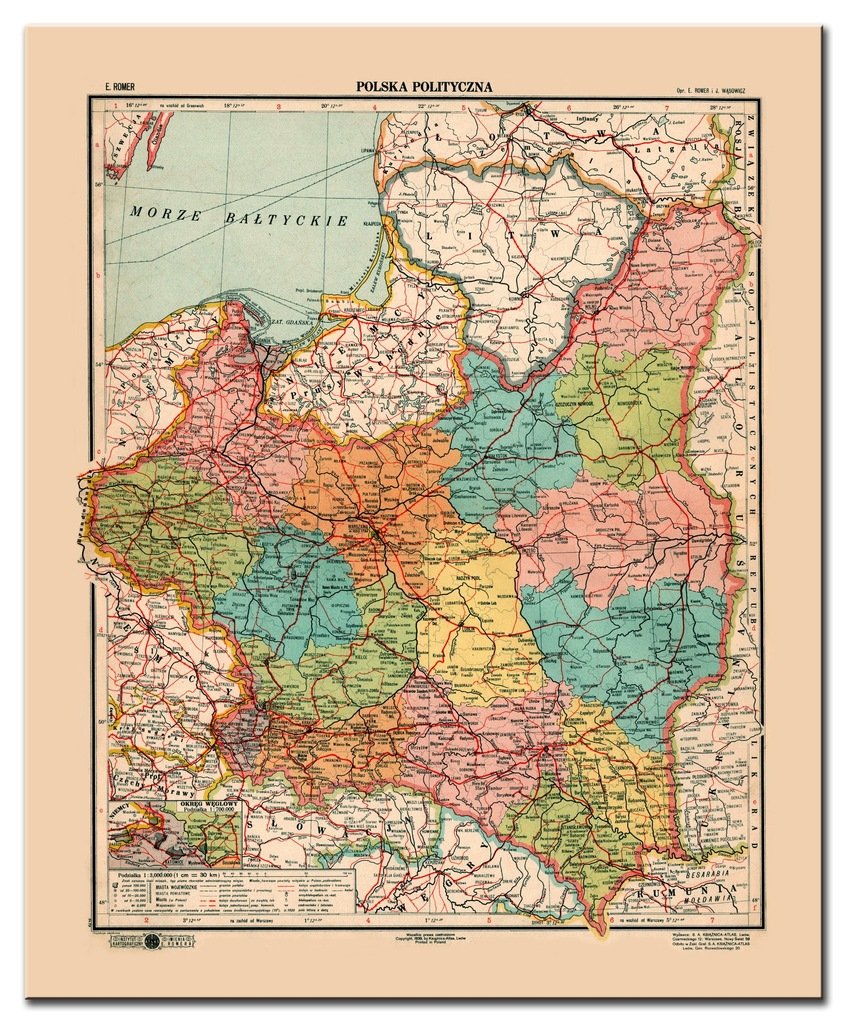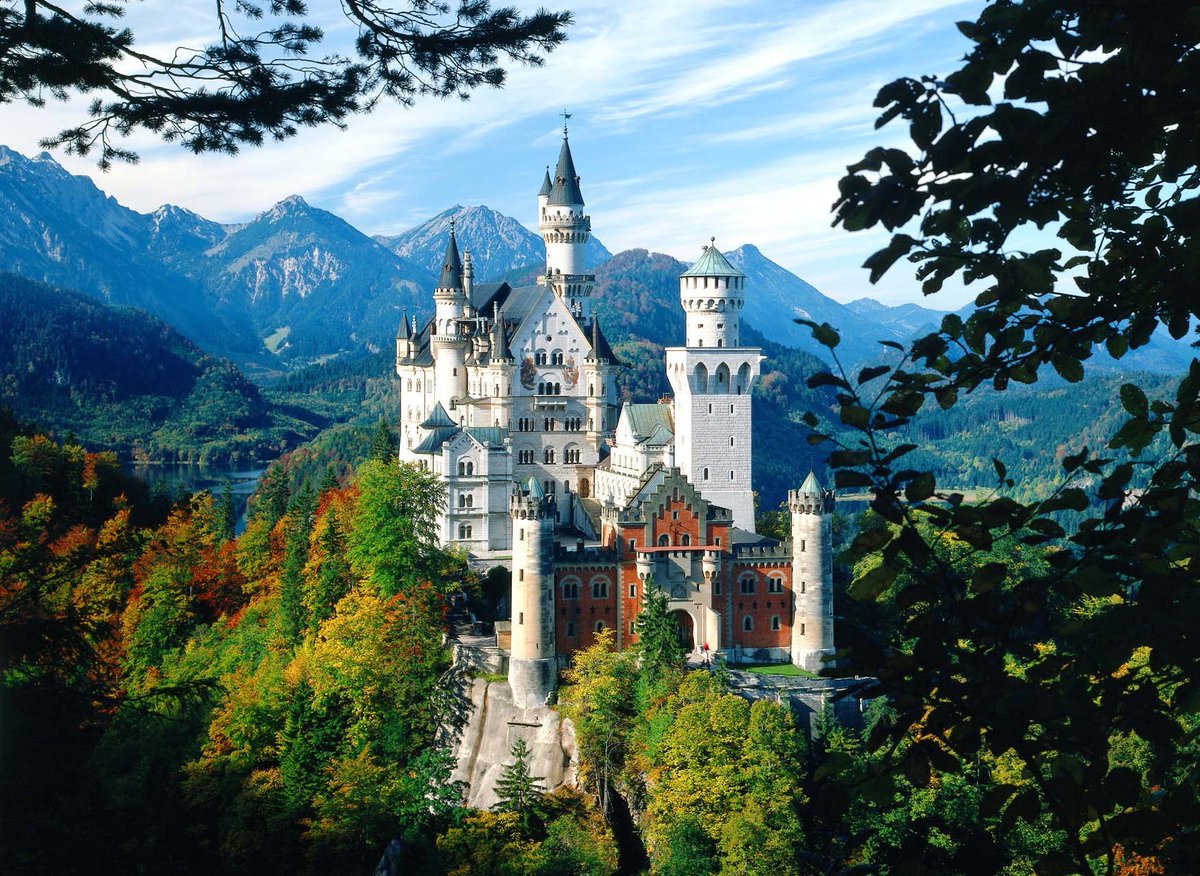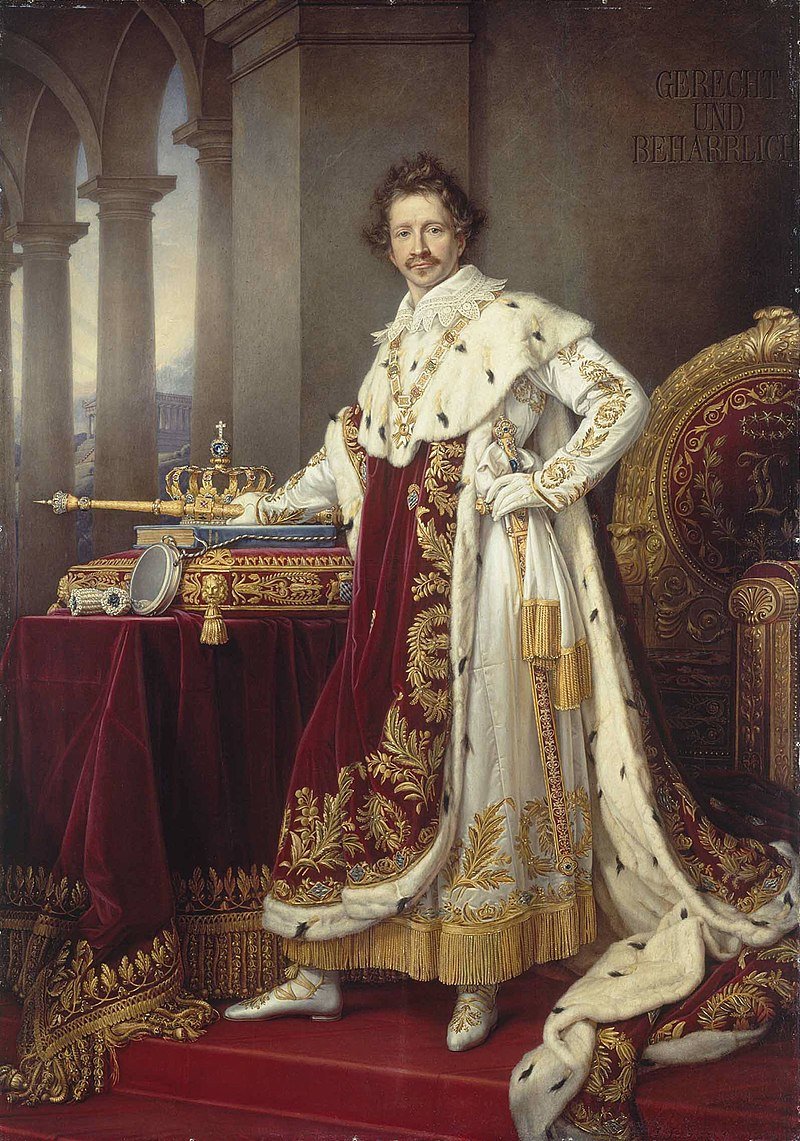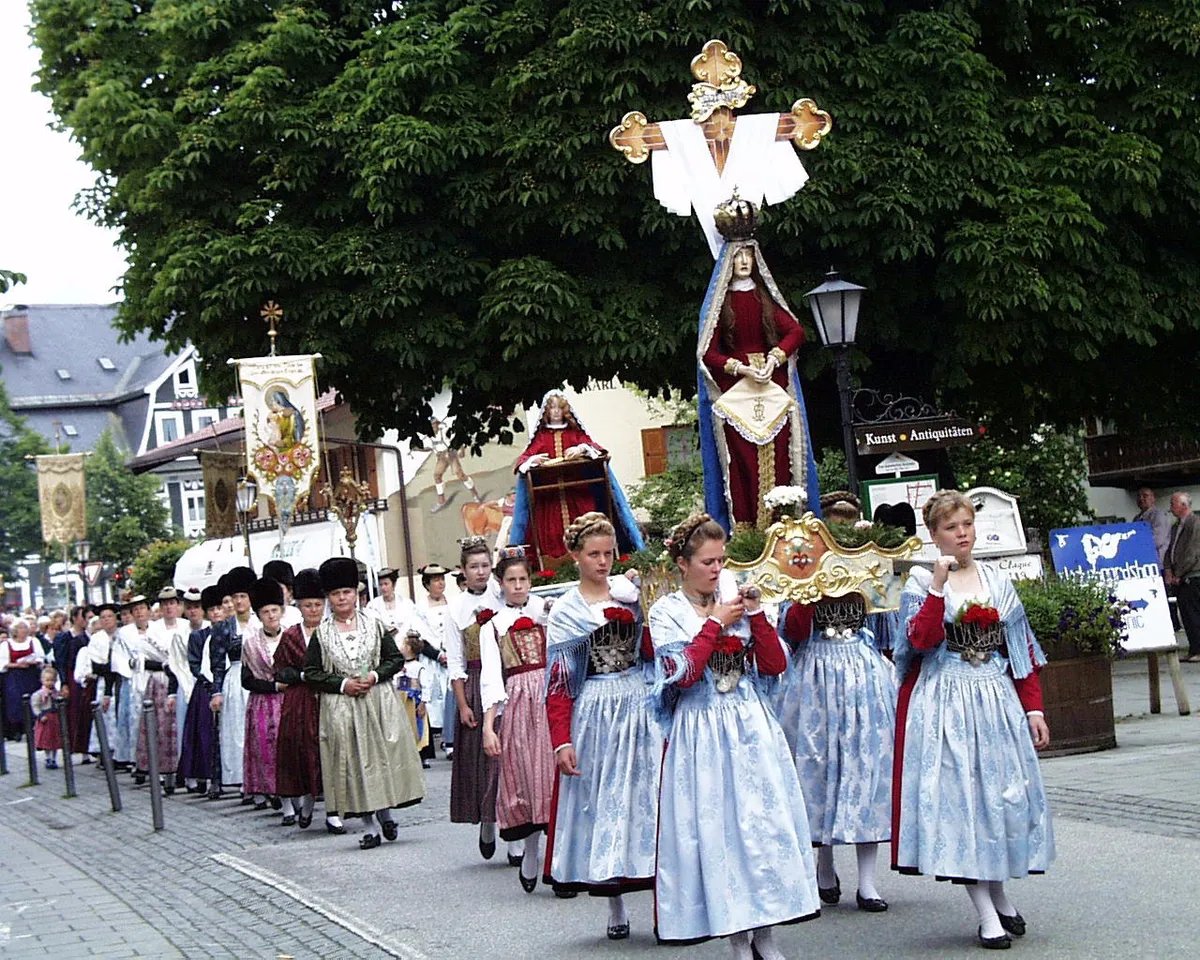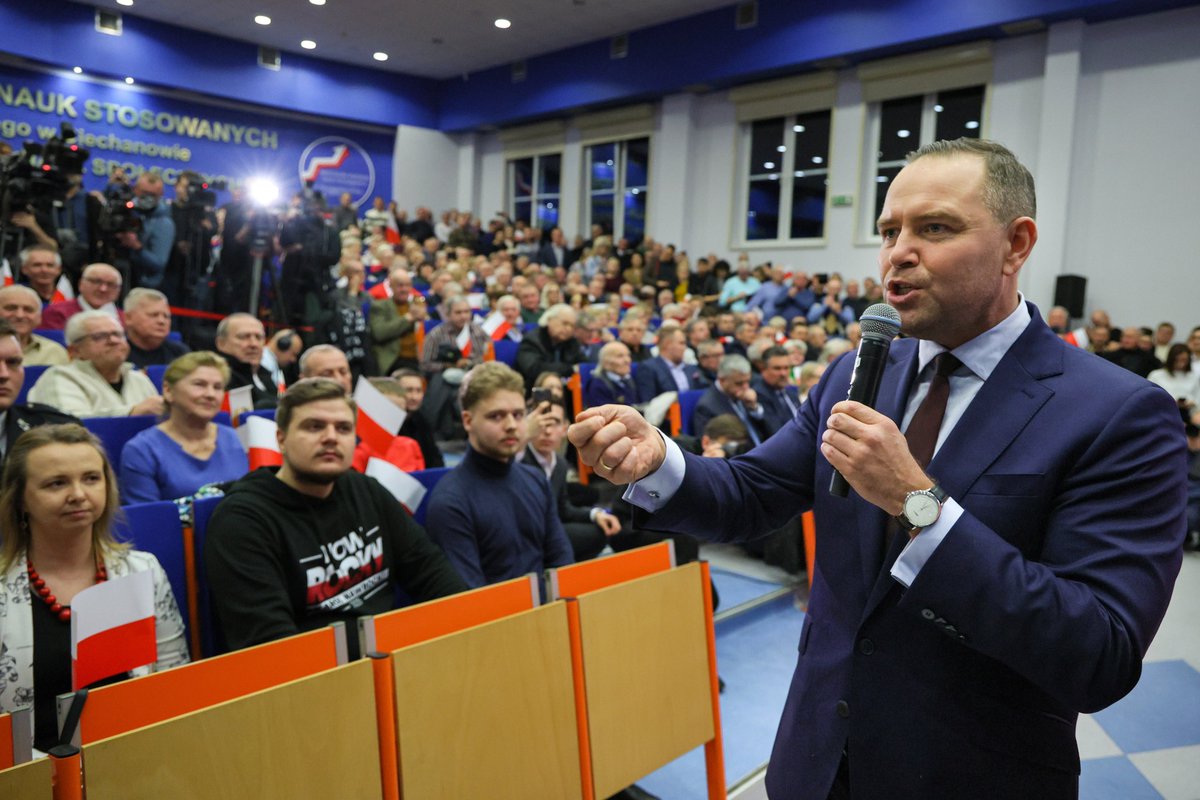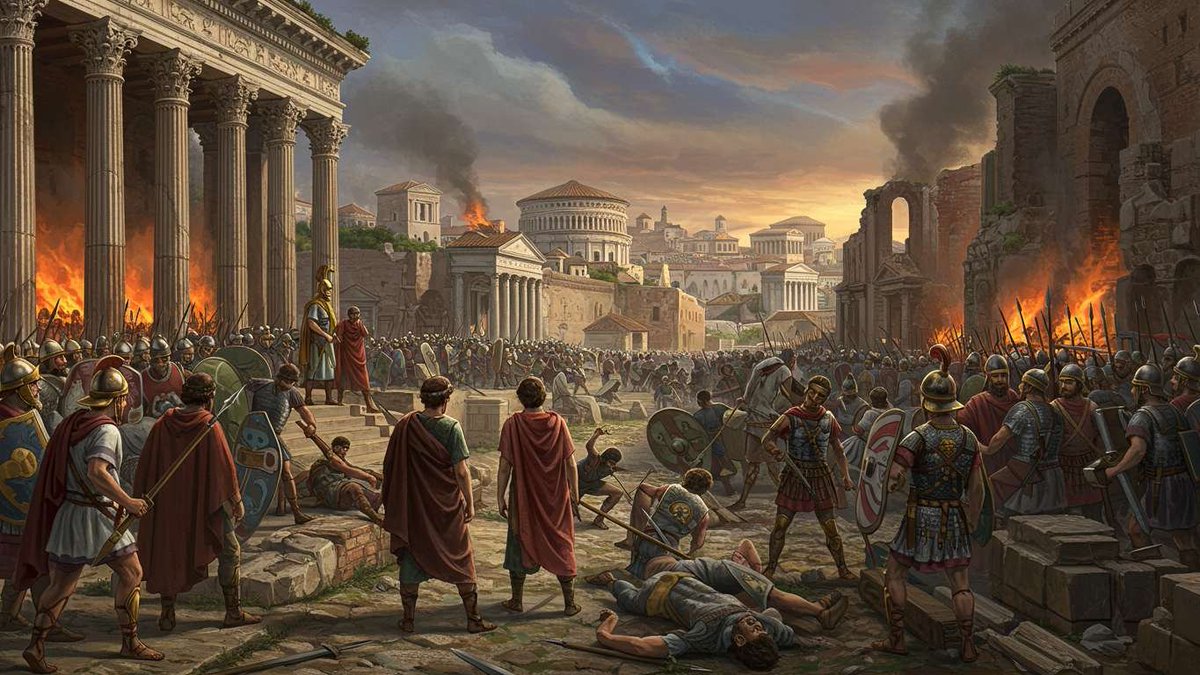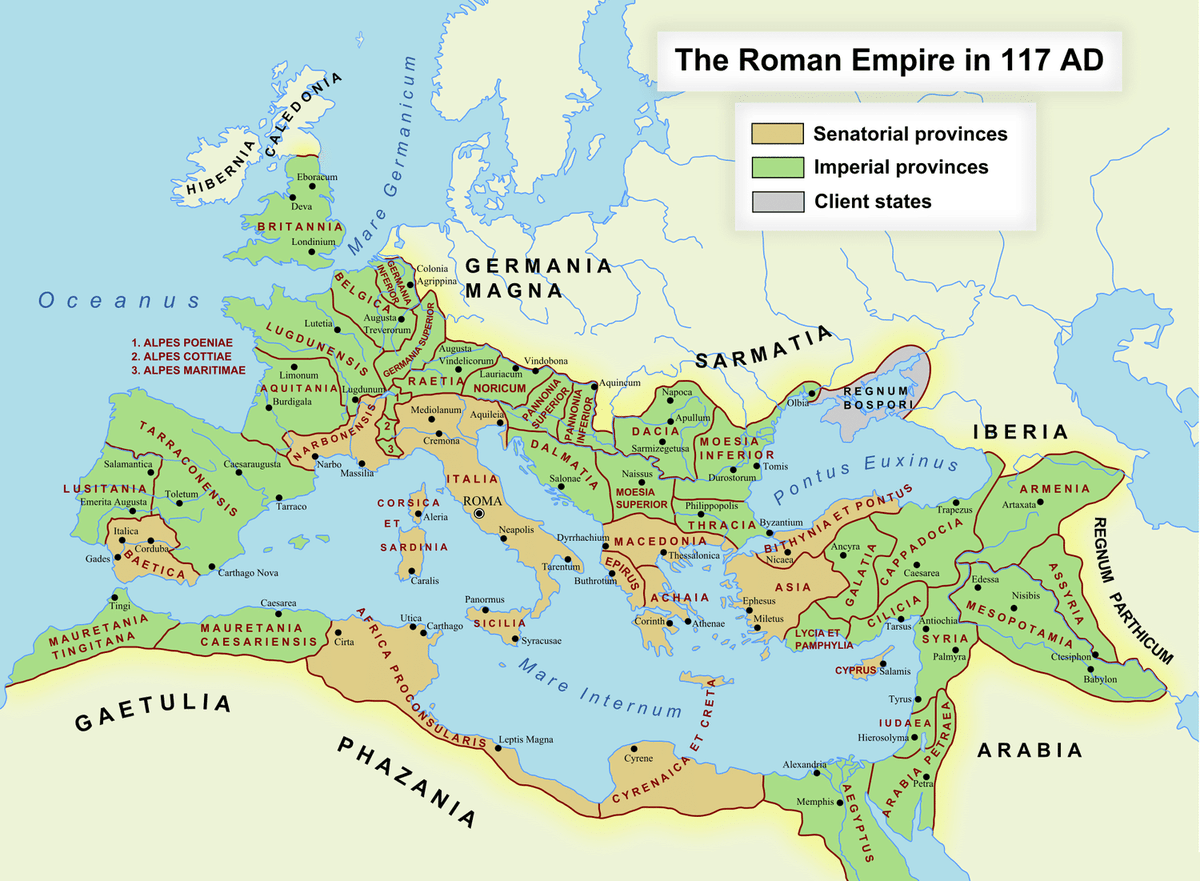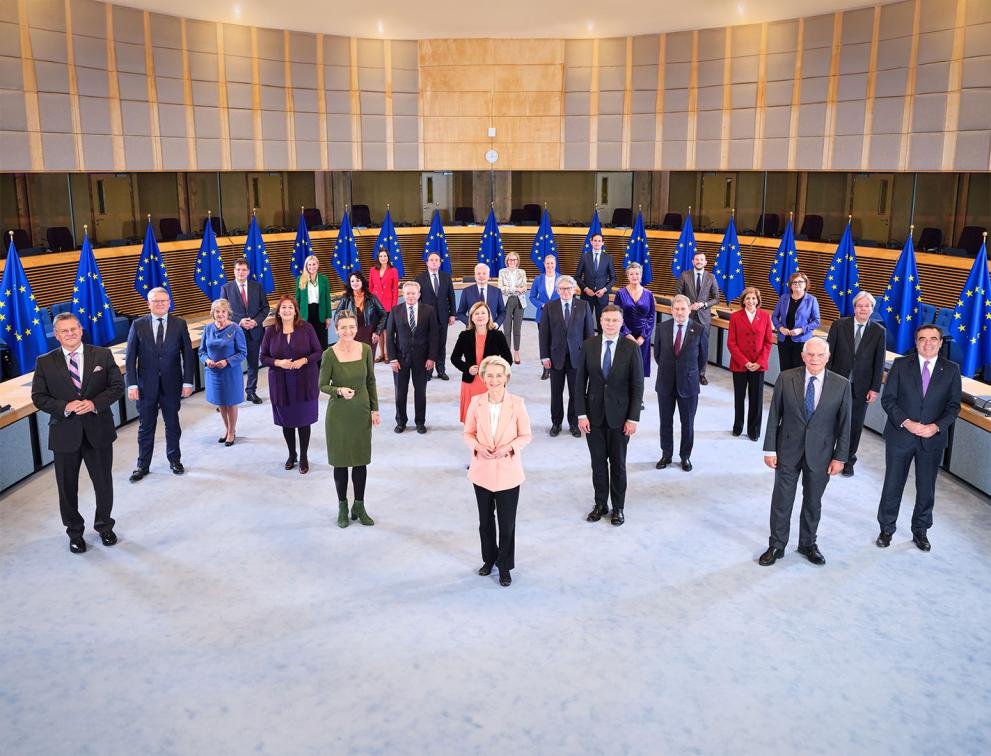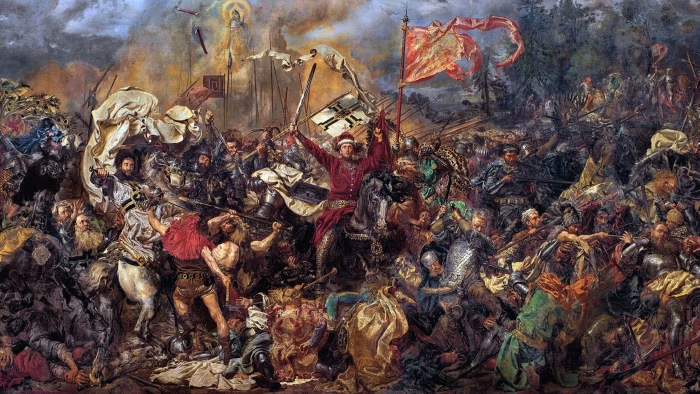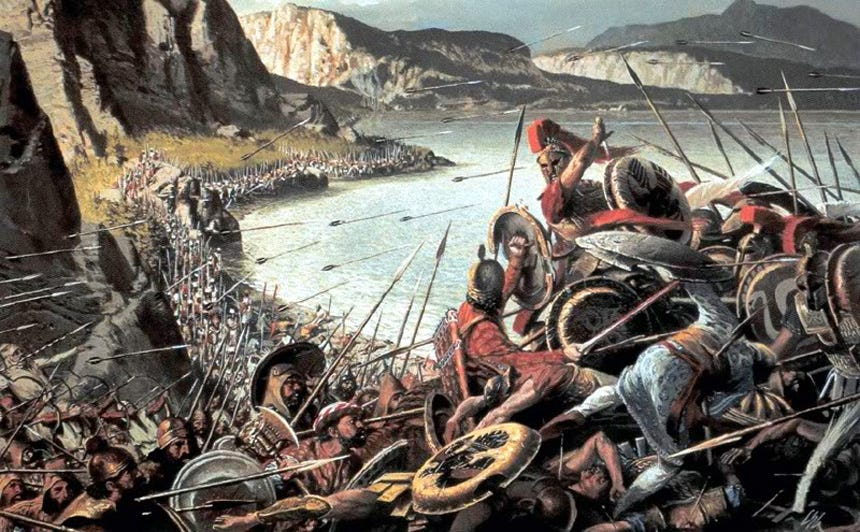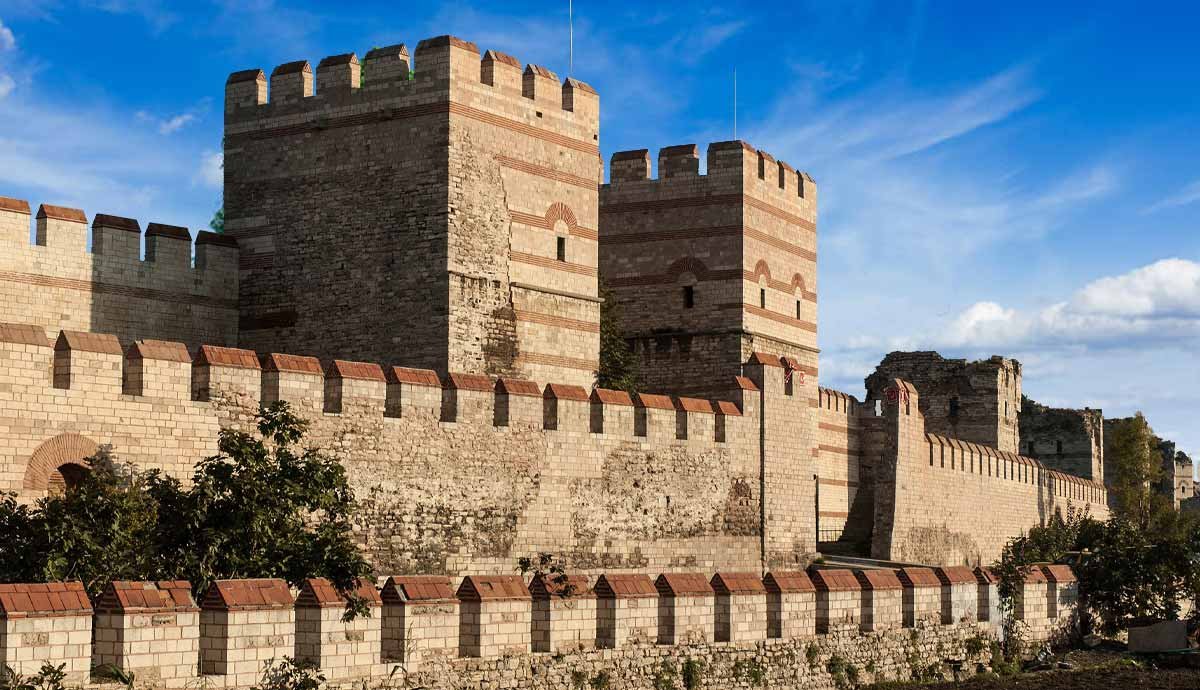"No man, no problem."
Russia is the country that has committed the most genocides.
Here is a history of 🇷🇺's relations with its neighbours and with its population 🧵💀
1/23
Russia is the country that has committed the most genocides.
Here is a history of 🇷🇺's relations with its neighbours and with its population 🧵💀
1/23
Tsar Ivan IV (The Terrible)
1552: The Kazan massacre, ~50 000 dead.
1570: The Novgorod massacre, ~60 000 dead.
2/23
1552: The Kazan massacre, ~50 000 dead.
1570: The Novgorod massacre, ~60 000 dead.
2/23
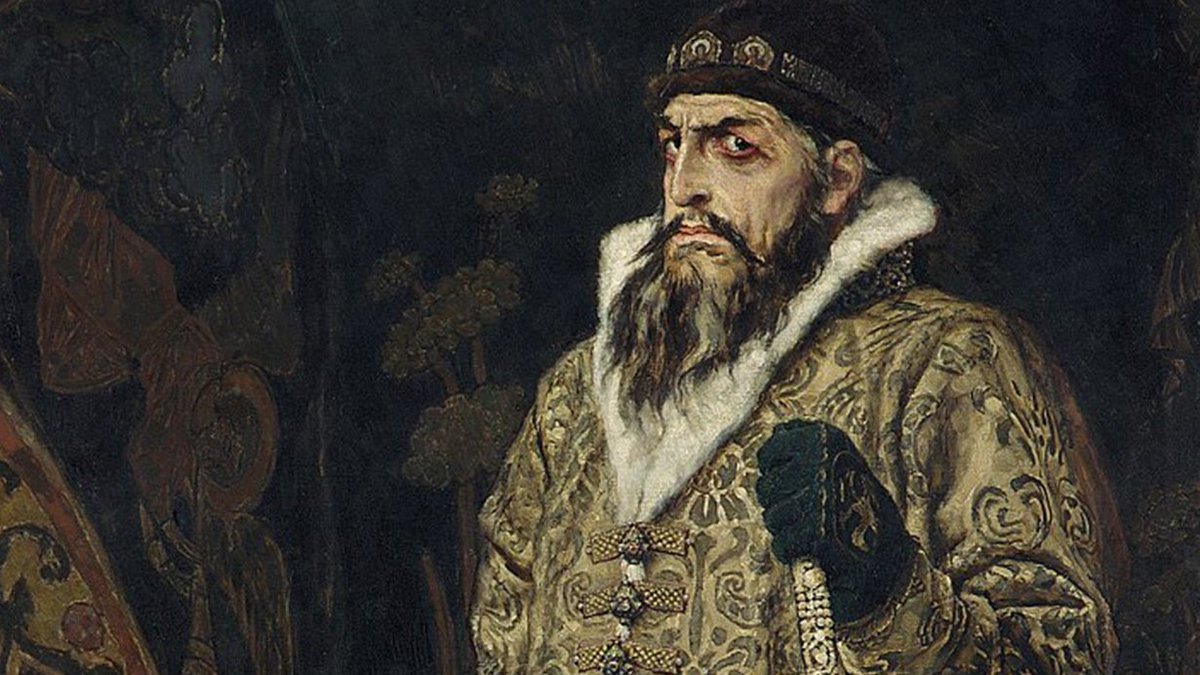
The Circassian genocide in the North Caucasus (XIXth century):
The Russian Empire ethnically cleansed the Circassian people (90%). Between 400 000 and 1 500 000+ dead.
The Circassian genocide is denied by the Russian government.
3/23
The Russian Empire ethnically cleansed the Circassian people (90%). Between 400 000 and 1 500 000+ dead.
The Circassian genocide is denied by the Russian government.
3/23

The massacre of the Praga district of Warsaw (1794): the Russian imperial army killed up to 20 000 civilians in reprisal or revenge, regardless of gender and age.
"The whole of Praga was strewn with dead bodies, blood was flowing in streams" - Suvorov
4/23
"The whole of Praga was strewn with dead bodies, blood was flowing in streams" - Suvorov
4/23

The January uprising (1863–1864)
80 000 Poles were exiled to Siberia.
Whole villages and towns were burned down, all economic and social activities were suspended, and the nobility was ruined through the confiscation of property and exorbitant taxes.
5/23
80 000 Poles were exiled to Siberia.
Whole villages and towns were burned down, all economic and social activities were suspended, and the nobility was ruined through the confiscation of property and exorbitant taxes.
5/23

The Red terror (1918-1920): ~1 300 000 dead.
50 000 White PoWs and civilians were executed with Lenin's approval in 1920. 800 000 Red Army deserters were arrested and many were killed with their families.
7/23
50 000 White PoWs and civilians were executed with Lenin's approval in 1920. 800 000 Red Army deserters were arrested and many were killed with their families.
7/23

The Tambov peasant rebellion (1920-1921): ~240 000 rebels and civilians were killed by communist forces. The Red Army used chemical weapons to fight the peasants.
8/23
8/23

Data from the Soviet archives indicates 2,4 million Kulaks were deported from 1930 to 1934.
The reported number of kulaks and their relatives who had died in labour colonies from 1932 to 1940 was 389 000.
9/23
The reported number of kulaks and their relatives who had died in labour colonies from 1932 to 1940 was 389 000.
9/23

The soviet man-made famine of 1930–1933:
About 5,7 to 8,7 million people are estimated to have lost their lives.
The Holomodor has been recognized by Ukraine alongside 15 other countries as a genocide against the Ukrainian people carried out by the Soviet regime.
10/23
About 5,7 to 8,7 million people are estimated to have lost their lives.
The Holomodor has been recognized by Ukraine alongside 15 other countries as a genocide against the Ukrainian people carried out by the Soviet regime.
10/23
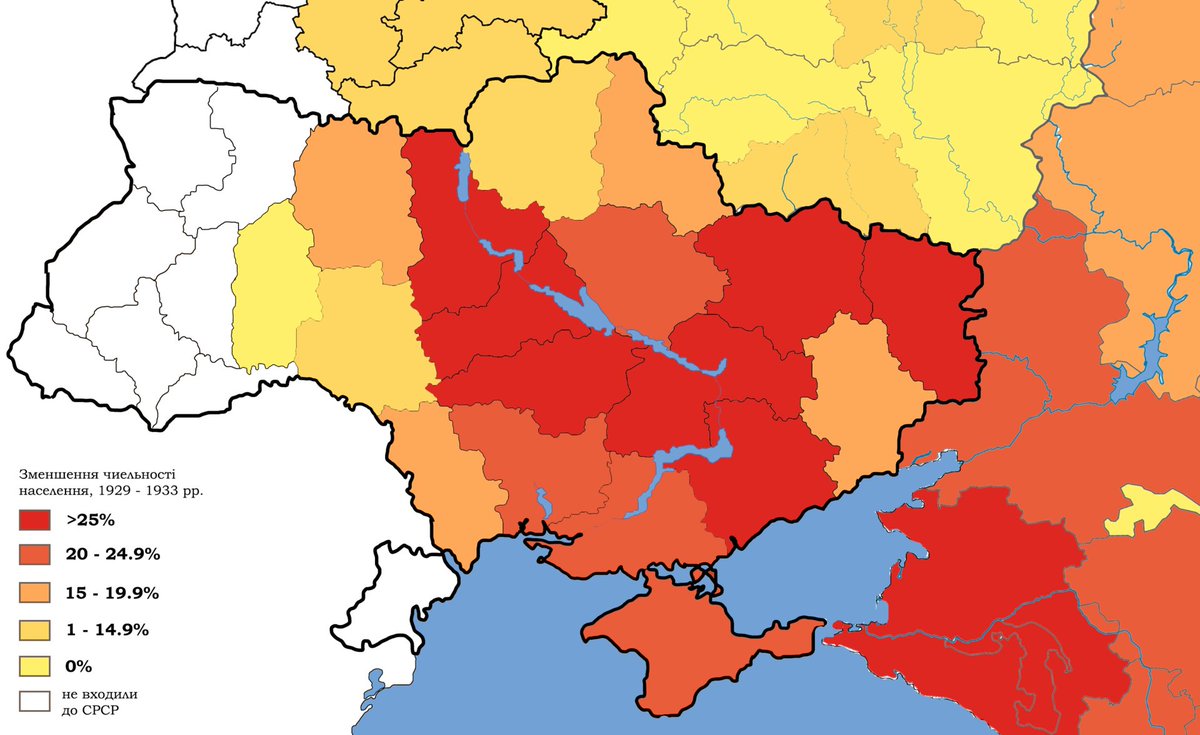
The Katyń massacre: 20 000 Polish military officer prisoners were summarily executed in April and May 1940.
But it's only the tip of the bloody iceberg: at least one-third of the 320 000 Polish prisoners of war captured by the Red Army in 1939 were murdered.
11/23
But it's only the tip of the bloody iceberg: at least one-third of the 320 000 Polish prisoners of war captured by the Red Army in 1939 were murdered.
11/23

As a result of the Soviet occupation during the Second World War, Estonia permanently lost at least 200 000 people or 20% of its population to repression, exodus and war.
12/23
12/23

The soviet occupation of Latvia during the Second World War: ~35 000 Latvians were taken from their homes, loaded onto freight trains and taken to Siberia.
13/23
13/23

The soviet occupation of Lithuania during the IInd WW: 300 000 Lithuanians were deported or sentenced to terms in prison camps. It is estimated that Lith. lost almost 780 000 citizens as a result of the Soviet occupation, of these ~440 000 were war refugees.
14/23
14/23

From 1939 to 1941, nearly 1,5 million persons were deported from the Soviet-controlled areas of former eastern Poland deep into the Soviet Union.
15/23
15/23
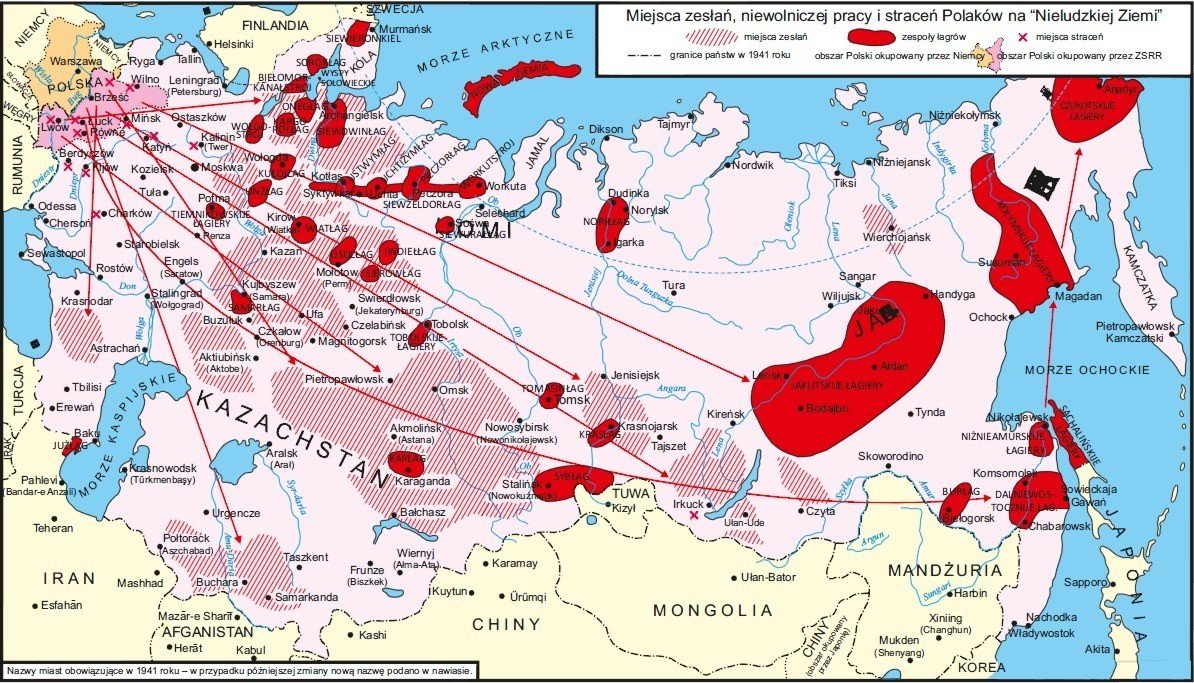
In 1945, the number of members of the Polish Underground State who were deported to Siberia and various labour camps in the USSR reached 50 000.
At least 6 000 political death sentences were issued and over 20 000 people died in Soviet prisons (including Witold Pilecki).
16/23
At least 6 000 political death sentences were issued and over 20 000 people died in Soviet prisons (including Witold Pilecki).
16/23

The scale of rape of Polish women in 1945 led to a pandemic of sexually transmitted diseases. The Polish state archives and statistics of the Ministry of Health indicate that the number of victims might have exceeded 100 000.
17/23
17/23
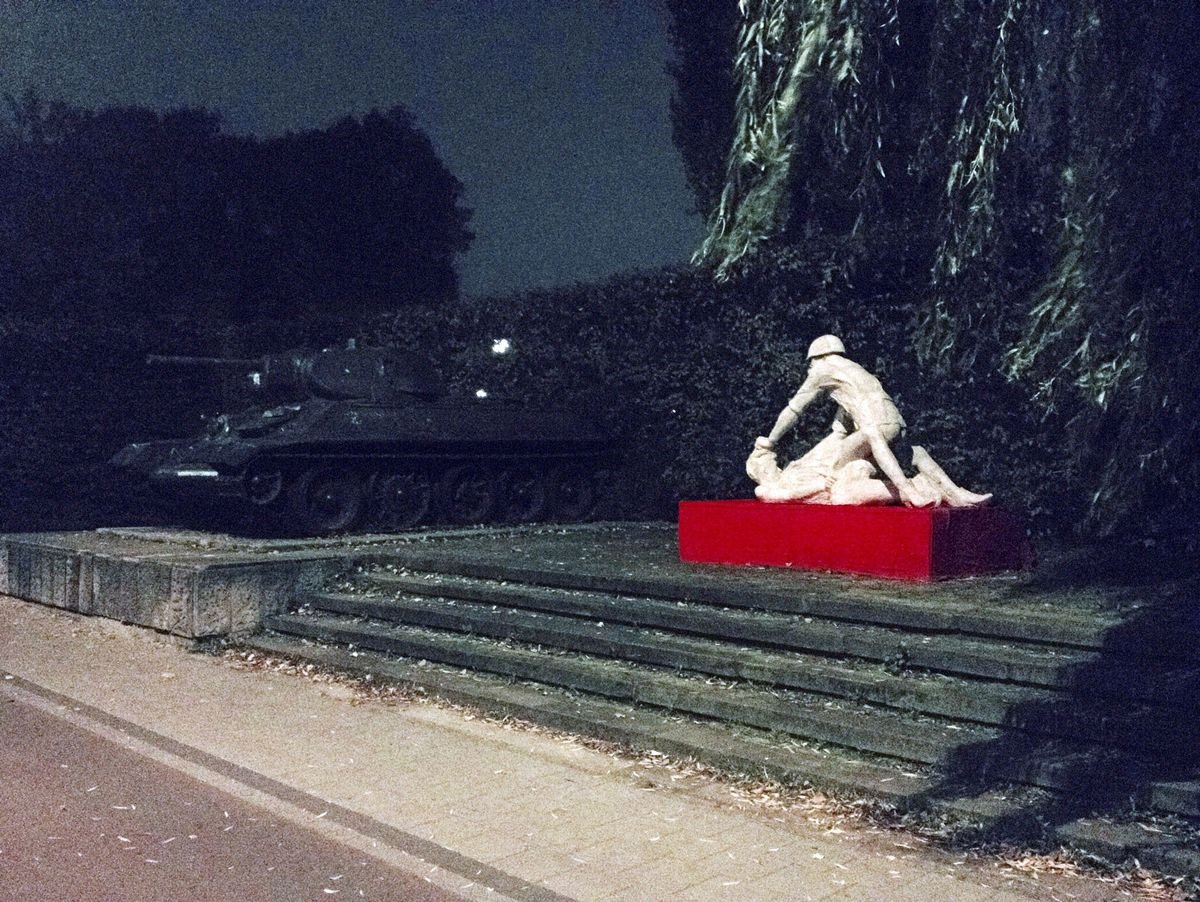
After the retreat of the Wehrmacht from Crimea, the NKVD deported around 200 000 Crimean Tatars from the peninsula on 18 May 1944.
18/23
18/23

Afghanistan (1979–1989)
Up to 2 million Afghans were killed by the Soviet forces and their proxies.
19/23
Up to 2 million Afghans were killed by the Soviet forces and their proxies.
19/23

The First Chechen War (1994-1996):
Between 30 000 and 100 000 civilian deaths and possibly over 200 000 injured, while more than 500 000 people were displaced by the conflict, which left cities and villages across the republic in ruins.
20/23
Between 30 000 and 100 000 civilian deaths and possibly over 200 000 injured, while more than 500 000 people were displaced by the conflict, which left cities and villages across the republic in ruins.
20/23

The Syrian Observatory for Human Rights claims that Russian air strikes and artillery shells have killed 18 000 people, including nearly 8 000 civilians, in Syria by 1 October 2018.
22/23
22/23

I don't think I have anything more to say, except that we must put an end to this barbaric state, which has no place in the modern world.
This may be the work of a generation or several. In any case, it will be a necessity.
23/23
This may be the work of a generation or several. In any case, it will be a necessity.
23/23
Cc: @NTenzer @EHunterChristie @eric_hontz @JSaryuszWolski @pawel_behrendt @denkolesnyk @AlexKokcharov @KurtBW_News @SlawomirDebski @SlavitescuEuseb @patrick_edery @Robert_Pimbeau @Pusher555
Cc: @andrewmichta @michalrachon @raalcom @arnocast @briceculturier @yvesbourdillon @quatremer @damiandiazpl @jedichaz @cezarykrysztopa @visegrad24 @zriboua @annemazoyer @UmlandAndreas
Cc: @SylvieKauffmann @gcalignon @benjaminhaddad @FHeisbourg @BrunoTertrais @JEyal_RUSI @MartinSkold2 @JJCarafano @DrPJSullivan @BorisNajman @GlenGrant @vtchakarova @TheresaAFallon @JL7508 @FGodement @lauremandeville @MatZagrodzki @edouardsimon711 @ClaudeRevel @N_Lecaussin @aymbld
CC: @FilippiMichel @moutet @LukasKobierski @mwyrebkowski @FilippDM @PBPaszportu @ALanoszka @RobinBrooksIIF @Dembik_Chris @Jkylebass @PierreGrosser @robert_zubrin @hubertwalas_ @c_hbt @KacperKita @MariusLazurca @Clint_Canada
• • •
Missing some Tweet in this thread? You can try to
force a refresh




